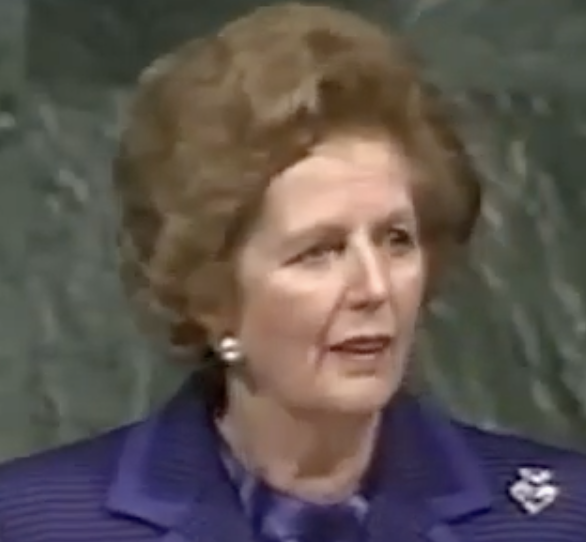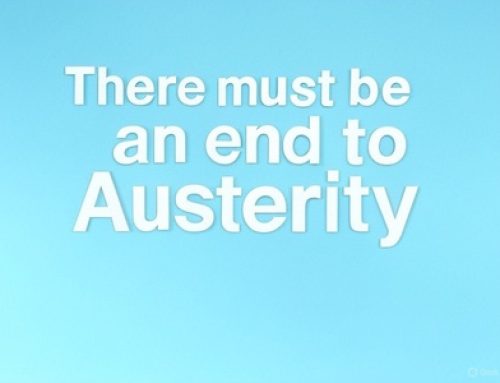In the late 1980s, Margaret Thatcher, the Iron Lady known for her uncompromising economic policies, briefly pivoted to embrace environmentalism with surprising fervor. Between 1988 and 1990, she delivered a series of speeches that crackled with passion for green causes, marking a stark departure from her usual focus on free markets and deregulation. This period, often dubbed her “green phase,” saw her champion scientific research and global cooperation to tackle environmental threats like ozone depletion and climate change.
In a landmark 1988 speech to the Royal Society, Thatcher warned of humanity’s impact on the planet, declaring that “the health of our planet is at stake.” She highlighted the greenhouse effect and ozone layer damage, urging scientists to lead the charge.
A year later, addressing the United Nations, she called for international action, advocating for sustainable development and framing environmental protection as a moral duty. Her rhetoric was bold, almost apocalyptic, as she spoke of “a vast experiment” with Earth’s climate, driven by human activity.
This green zeal wasn’t entirely out of character—Thatcher, a trained chemist, respected science and saw environmental issues through a lens of rational progress. Her government pushed for cleaner technologies and supported the Montreal Protocol to phase out ozone-depleting substances. Yet, her environmentalism was short-lived. By the early 1990s, economic priorities and political pressures, including her skepticism of regulatory overreach, cooled her enthusiasm.



Leave A Comment